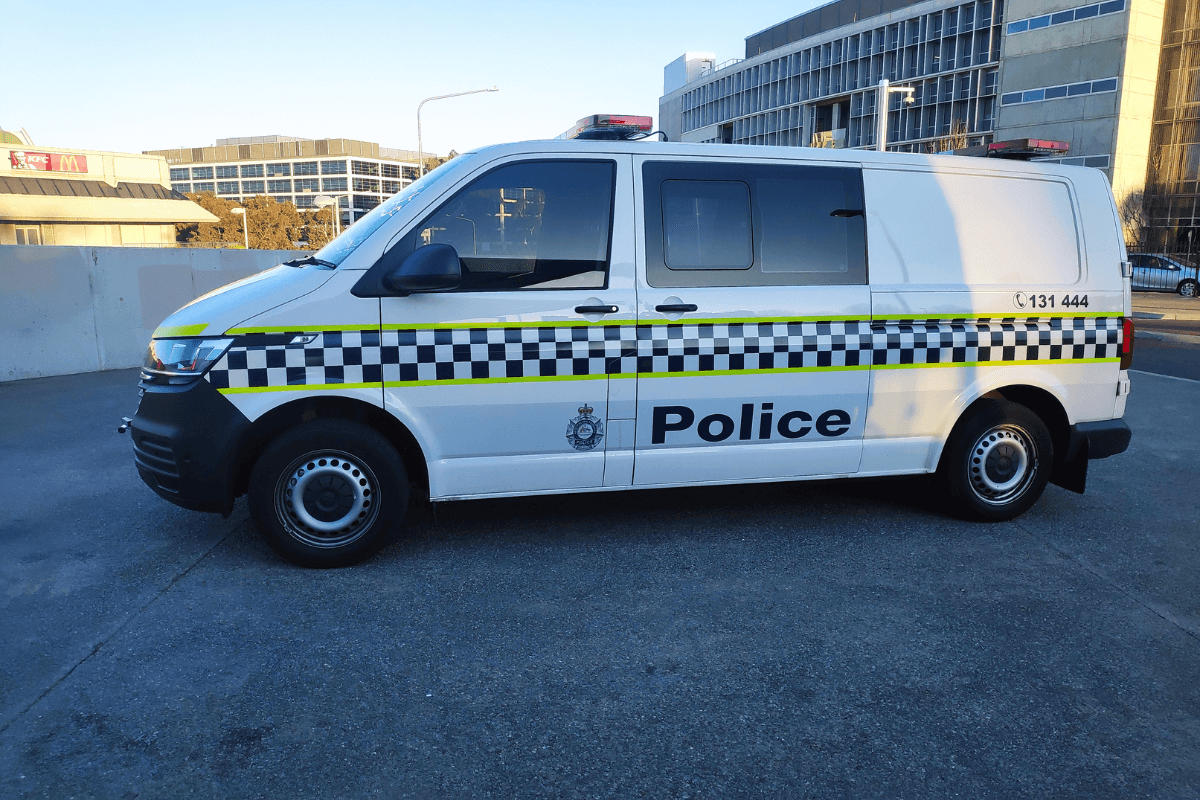When it comes to talking about the police, it seems like every place has its own set of nicknames.
Some are funny, some are a bit cheeky, and others are just plain practical.
In this article, we’re going to check out the different slang terms people use for the cops.
From the ‘Boys in Blue’ to just ‘The Law’, these nicknames tell us a lot about how people see the police in their part of the world.
So, let’s dive in and explore the many names we give to those who wear the badge.

Slang For Police
Authorities
A formal term for police or law enforcement officials.
Beat
Refers to the regular route or area patrolled by a police officer.
Bill (UK)
A British slang term for the police, originating from the old policing system ‘The Bow Street Runners’ who were also known as ‘The Bill’.
Blue Heelers (Australia)
An Australian term for police, derived from the blue uniforms and a reference to a breed of dog known for its endurance.
Bluebottles
A colloquial term for police officers, possibly derived from the blue uniform resembling the color of a bluebottle fly.
Bobbies (UK)
Named after Sir Robert Peel, who established the first organized police force in London, the term is a traditional nickname for British police officers.
Boys in Blue
A common term for police officers, referring to the blue color of their uniforms.
Brass
Refers to high-ranking police officers, especially those who wear badges made of brass.
Coppers
A traditional term for police officers, possibly derived from the copper buttons of early police uniforms or the Latin ‘capere’, meaning to capture.
Constabulary
A formal term referring to the police force or a group of police officers.
Cops
A widely recognized slang term for police officers, possibly originating from the word ‘copper’.
Detectives
Police officers who investigate crimes and do not typically wear uniforms.
Feds (US, for FBI but used for police in general)
Refers to federal law enforcement agencies, especially the FBI, but often used to refer to any police force.
Feds (Usually refers to federal law enforcement)
Specifically denotes federal law enforcement agencies, separate from local or state police.
Filth (UK, informal)
A derogatory UK slang term for police officers.
Five-O
Originating from the TV show ‘Hawaii Five-O’, used to refer to police officers.
Flatfoots
A term used to describe police officers, often implying plodding or unimaginative behavior.
Force
Refers to the collective body of police officers or a police department.
Fuzz
A slang term for police, origin unclear but widely recognized.
Gendarmes (In French-speaking areas)
French term for armed police officers or gendarmerie, used in French-speaking countries.
Heat
A term for police that suggests pressure or the intense presence of law enforcement.
Inspectors
Police officers who hold a specific rank, responsible for overseeing investigations.
Law
A general term for police officers, emphasizing their role in enforcing legal statutes.
Lawmen
Refers to police officers, particularly in historical or Western contexts.
Man
Used to refer to police officers, often in a context of authority or control.
Marshals
Refers to law enforcement officers, particularly in federal or specialized jurisdictions.
Mounties (Canada, specifically for the RCMP)
Informal term for members of the Royal Canadian Mounted Police.
Narcs (Specifically for narcotics officers)
Refers to police officers who specialize in narcotics and drug-related crimes.
Officers
A formal term for police personnel.
Old Bill (UK)
A traditional British slang term for the police.
Pandu (India, informal)
A colloquial term used in India for a police officer.
Patrol
Refers to police officers who are on duty monitoring a specific area.
Peelers (Historical UK)
An historical term for police officers in the UK, named after Sir Robert Peel.
Pigs
A derogatory slang term for police officers.
Plod (UK, informal)
A British slang term for a police officer, often implying they are slow or cumbersome.
Po-Po
A modern slang term for police, often used in urban areas.
Police
The official term for the civil force responsible for maintaining law and order.
Rangers
Refers to a type of law enforcement officer, often in a state or national park context.
Rozzers (UK)
A British slang term for police officers.
Sheriffs
Refers to elected law enforcement officers, typically in charge of a county in the United States.
Shields
Refers to police officers, derived from the shield-shaped badges they often wear.
Smokies (Especially in the US, for highway patrol)
A slang term for highway patrol officers, particularly in the United States.
Squad
Refers to a group of police officers working together, often in a specific department or unit.
Sweeney (UK, Cockney rhyming slang for Flying Squad)
A Cockney rhyming slang term for the Flying Squad, a branch of the Metropolitan Police in London.
Thin Blue Line
A term used to symbolize the role of police in maintaining order and protecting citizens.
Troopers
Refers to state police officers or highway patrol officers, especially in the United States.
Wallopers (Australia, informal)
An Australian slang term for police officers, often used informally.
Watch
A historical term for a group of people organized to keep order, the precursor to modern police forces.
And there you have it – a quick tour through the world of slang for the police.
From terms of respect to those with a bit of edge, it’s clear that the way we talk about the cops can vary a lot from place to place.
These nicknames, whether serious or light-hearted, reflect our diverse experiences and attitudes towards law enforcement.
So next time you hear someone mention the ‘Fuzz’, ‘Coppers’, or even the ‘Old Bill’, you’ll know there’s more to it than just a name.
It’s a small glimpse into the local culture and the everyday language that keeps our communities buzzing.

